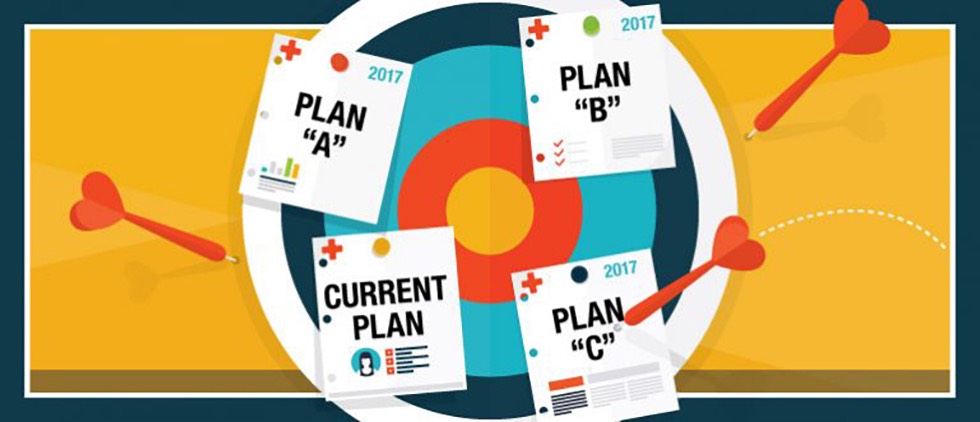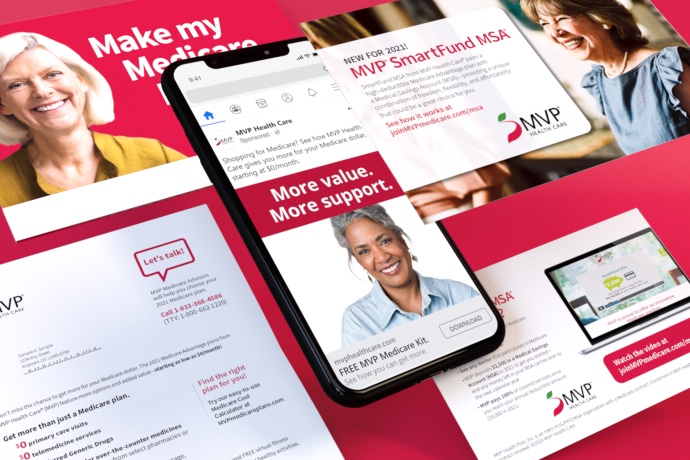How Behavioral Economics Impacts Retention and Acquisition of Healthcare Consumers

Sciences like behavioral economics shed a great deal of light on why consumers make the purchasing decisions they do – and why health insurance decisions are particularly challenging to consumers. Most of us are simply not equipped to assess the complexities and probabilities of picking the right health plan.
In its “Lessons for Health Care from Behavioral Economics,” the National Bureau of Economic Research puts it this way: “Standard economic theory assumes that individuals are rational, forward-looking consumers who make choices so as to maximize their utility (or happiness). However, numerous laboratory and field studies now show that individuals often have difficulty making wise choices. Difficulties are particularly likely when individuals are faced with decisions that involve uncertainty, tradeoffs between current and future costs and benefits or significant complexity.”
Behavioral economics states that consumers are present-oriented, which means they value the present over the future, a tendency that can make them myopic. In addition, behavioral economics has shown that consumers are more sensitive to losses than gains and attempt mental shortcuts versus considering all available information (source: Rutgers’ presentation on “Health Insurance & Behavioral Economics”). It’s a cocktail of characteristics that is anathema to purchasing insurance, in particular, health insurance.
It’s especially relevant at the moment. Prior to the ACA very few consumers were taking the lead in choosing or paying for plans. Circumstances that required consumers to close the loop on actual costs of utilization were even rarer. Now, these tasks are falling to large consumer segments, and according to national Harris Poll data, these consumers consider “dealing with certain healthcare-related activities to be a hassle.”
Even for the most rational, well-informed, forward-thinking consumers, there is a probability that they will purchase plans that leave them under- or over-insured. In many situations, these bad decisions breed dissatisfaction. That dissatisfaction, unfair as it may be at times, is aimed at the health insurer.
What can be done about it?
Retention
While some tenets of behavioral economics are on your side when it comes to retention (consumers have a bias for the status quo), health insurers must still work to keep current members. Here are some ideas that boost satisfaction and make customers less likely to seek a change:
- The experience you provide members matters – a lot. You can’t control disease or sickness or foresee accidents, but you can control the level of service you offer. This extends beyond customer service: all departments need to buy in. Treat members well. Treat them fairly. Treat them with empathy. Don’t expect gratitude or appreciation in return; expect loyalty. (Yes, it’s easier said than done.)
- Don’t make anything unnecessarily hard. What processes can be streamlined? What communication platforms can be simplified? What can be made easier for the member?
- Once utilization patterns have been established, help get members into plans that best fit their current lifestyles and health conditions.
Acquisition
In regards to acquisition, you are fighting behavioral economics: both the status quo bias and consumers’ tendency toward procrastination. Individuals prefer the current state of affairs and struggle to act with urgency. Obviously “switching” does occur, though. Here are some ideas to capture an outsized share of switchers:
- Develop messaging that addresses the drivers of behavioral economics. With an understanding of the key behavior concepts that shape the decision making process, we, as marketers, can develop creative that has a greater likelihood to motivate consumers to act.
- Help consumers narrow the options. Consumers say they want choice, but when it comes to health insurance products in particular, the choices can be overwhelming. Whether in a digital environment, via phone or in person, help consumers make decisions by using personalized information to narrow all the choices down to the best options for them.
- Enable effective, high-producing agents. As an objective arbitrator, agents are well equipped to help consumers navigate health insurance options. A co-marketing program is an ideal way to maximize the agent relationship, leveraging your equity and the agent’s equity to drive desired outcomes.






